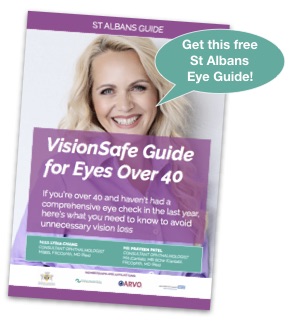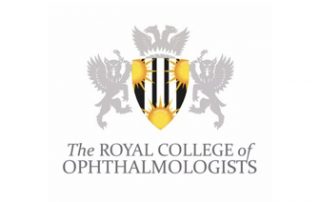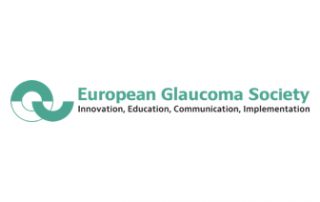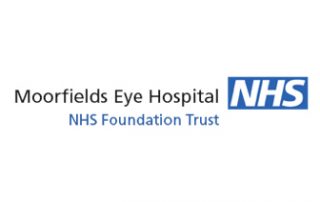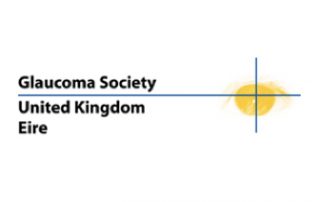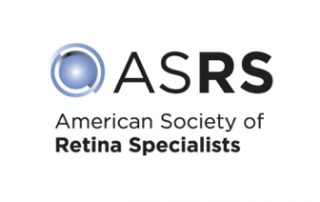Are you over 40 and haven’t had a comprehensive eye check done in the last year? A VisionSafe Eye Check can help you understand your options for chronic dry eye
Dry eye
Dry eye is a common condition. Dry eyes occur when the eyes don’t make enough tears, or the composition of the tears is abnormal and cannot cover the surface of the eyes sufficiently well.
What causes dry eye?
Dry eye syndrome is more common in women than men. The incidence of dry eye increases with age due to the natural ageing process. Hormonal changes in women e.g. the menopause, also influence dry eye symptoms.
Other factors include
- Environmental conditions including air-conditioning, central heating. Windy weather and smoky environments can induce quicker tear evaporation
- Medications: the oral contraceptive pill, anti-depressants and antihistamines, beta-blockers and diuretics
- Looking at electronic screens for long periods of time
- Contact lenses dry eyes out
- Blepharitis
An uncommon cause of dry eye is Sjogren’s syndrome.
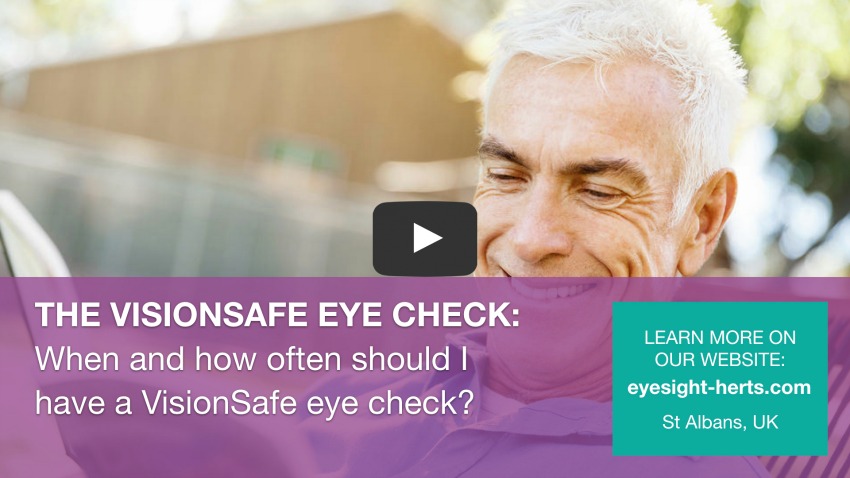
At a Glance
TREATMENT OPTIONS
Visit us for a VisionSafe Eye Check to see if we can address your dry eye syndrome.
YOUR SPECIALIST
How do you know you have dry eye?
Symptoms of dry eye include:
- eyes feeling dry, gritty or sore, and getting worse throughout the day
- burning and red eyes
- temporarily blurred vision, which usually improves when you blink
- eyelids getting stuck together on waking
- paradoxically, episodes of watering eyes, which can occur if the eye tries to relieve the irritation by producing more tears
Our Patients Say…

“Extremely personable and reassuring. Knowledgeable. Explained options.Successful treatment so far.”

“Most attentive and sympathetic to a patient as well as explaining carefully any procedures.”

“Brilliant! Highly recommend.”

“Very professional yet personal and friendly. Calm & reassuring environment and personal at all levels.”

“Dr Patel explained everything clearly and carefully. No feeling of rush or push to have more procedures. Very friendly & charming reception throughout the clinic.”

“Thank you to Dr P for recommending me. I travelled from Kent and it was an extremely thorough consultation.”

“Everything well explained – great care & understanding. Would thoroughly recommend.”

“I was dealt with very professionally with great care to detail and treated with great kindness. Thank you.”

“I am impressed! You are very thorough.”

“Fuss-free and efficient. Friendly and reassuring.”

“This is an extremely well-run clinic and the staff are kind, understanding and efficient.”

“Very thorough examination & informative discussion.”
Get a consultation for dry eye in St Albans
If your dry eyes are bothering you, visit us for an eye consultation that includes:
- Clinical History
- Vision measurements (sometimes dilated)
- Additional tests to measure tear production and tear film stability
Dry eye treatment depends on the contributory causes but usually a combination of options and lifestyle changes including:
- Lubricating eye drops
- Blepharitis treatments
- Other treatments including plugging up the tear ducts to slow down tear drainage
- Other medical treatments for severe dry eyes
Contact us to book your consultation in St Albans.
Latest news from your eye doctor in St Albans
We regularly share new videos and blog posts for our St Albans patients about common eye questions and concerns. You can subscribe at the bottom of this page to receive the latest updates.
Vision loss after 40: A VisionSafe Eye Check might catch signs of AMD, glaucoma, macular or retinal conditions.
Vision loss after the age of 40 is common, and there are several reasons this happens. One of the most prevalent reasons is an age-related change in our focusing which means we are not able to read small print easily without glasses (also known as presbyopia). However, there are more serious eye conditions which can lead to irreversible vision loss if not detected at an early stage.
What is macular degeneration?
AMD is a condition which affects the retina, the light-sensitive membrane at the back of the eye. As we get older, we develop an accumulation of waste material underneath the retina. This accumulation can affect the function of the light-sensitive cells.
What is glaucoma treatment and how does glaucoma treatment work?
There are different types of glaucoma treatments. The mainstay of glaucoma treatments is to reduce intraocular (eye) pressure to slow down or stop the disease from worsening.
Memberships and affiliations
Our Consultant Ophthalmologists love to stay on top of the latest in eye treatment options for patients through regular industry meetings, journals and research.
Request a Call Back
Whether you’d like to book a VisionSafe Eye Check, or discover your eye treatment options, give us a call on: 01727 227 013 or request a call back below:


